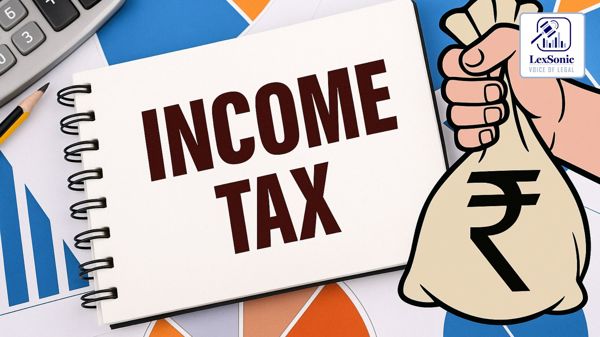Reopening Tax Assessments: Court Ruling Reinforces the Ban on Changing Opinions.
13 February 2024
Income Tax >> Tax Laws
The case centers on a petitioner, an individual taxpayer, who filed their return of income for the assessment year 2018-19, declaring an income of Rs. 26,26,220/-. The return was selected for limited scrutiny, with the main focus on investments in immovable property and the capital gains on the sale of a property. The taxpayer had sold a flat in Mumbai (Flat No. 802, Boulevard-III, Ghatkopar) during the assessment year, which led to the inquiry by the Income Tax Department regarding the capital gains derived from the sale.

Over the course of the assessment process, the petitioner submitted all requested documents and evidence, including the details of the sale of the property and the corresponding capital gains. The assessment order passed on April 28, 2021, stated that after reviewing the records, no additional tax was required to be assessed on the issues of capital gains or investments in immovable property, thus finalizing the petitioner’s income as originally declared.
However, nearly a year later, the Income Tax Department issued an inquiry under Section 148A of the Income Tax Act, questioning the classification of the capital gain from the sale of the flat as long-term rather than short-term. The Department proposed a recalculation of the capital gain, asserting that the asset sold was a short-term capital asset, thereby subject to taxation at a higher rate. The petitioner objected to this move, arguing that it was a clear case of a change of opinion by the Assessing Officer, which is impermissible under the law.
The court’s decision rests on the principle that the Assessing Officer, in the process of assessment, cannot reopen an issue already scrutinized unless there is new material to support a conclusion that income has escaped assessment. It is well-settled that the Assessing Officer has the power to reassess, not to review or revisit past decisions based on a change in opinion. Citing a landmark judgment in Siemens Financial Services Private Limited Vs. Deputy Commissioner of Income Tax & Ors. (2023), the court reiterated that such reassessment based solely on a change of opinion is impermissible.
This ruling is significant for taxpayers, as it reinforces the importance of safeguarding against arbitrary actions by the tax authorities. It underscores the necessity for the AO to act based on tangible material when reopening an assessment and not merely to review or revise earlier opinions.
This decision serves as an important reminder to both taxpayers and tax authorities regarding the limits of reassessment powers, reinforcing the legal protection against unjustified reopening of income tax assessments on the grounds of mere change of opinion.
Section 148, Income Tax Act - 1961
